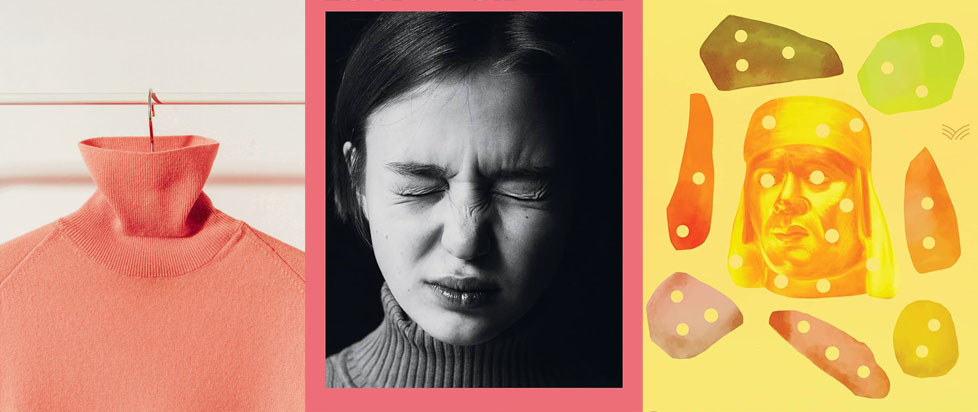
Booking It (Vol. 1)
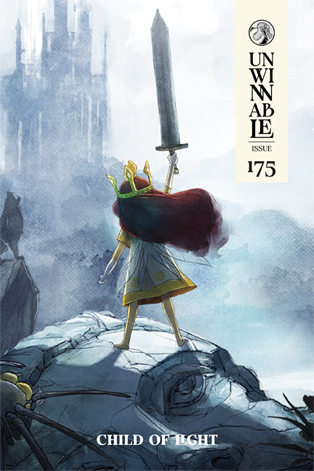
This column is a reprint from Unwinnable Monthly #175. If you like what you see, grab the magazine for less than ten dollars, or subscribe and get all future magazines for half price.
———
Interfacing in the millennium.
———
I’m trying to read the International Booker Prize longlist, 13 books from around the world that were translated into English within the last year. I’m doing this for three reasons 1) because I’ve been trying to read more translated fiction, 2) because I enjoyed watching the Oscar movies, and 3) because I like to assign myself side quests. So far, I’ve read six out of the thirteen, four of which I really enjoyed, with one significant standout.
The two I felt neutral about, Undiscovered by Gabriela Weiner (from Peru, translated by Julia Sanches) and Lost on Me by Veronica Raimo (from Italy, translated by Leah Janeczko), feel like two parts of a trinity in theme on the books I’ve read so far. The third, What I’d Rather Not Think About by Jente Posthuma (from the Netherlands, translated by Sarah Timmer Harvey), I ended up really liking. As I was reading them, they began to form a kind of grouping in my mind, as all three are concerned with womanhood and belonging in modern society, though they all explore it in different directions – Undiscovered through race and colonization, Lost on Me through family legacy and creative drive, and What I’d Rather Not Think About through an intense and compelling sibling relationship. Even as I write this, I recognize that I’ve parceled out the female authors from the male, but I do believe they shared a strong stylistic and thematic bent.
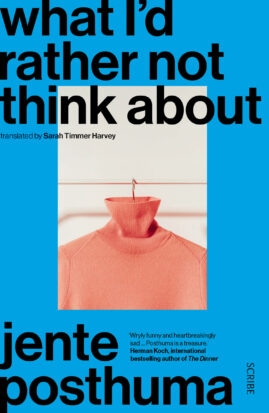
There is a slow and inward-looking pace to these three that only feels fully realized in What I’d Rather Not Think About, which is given momentum by its almost claustrophobic focus on the relationship between the narrator and her brother. To a certain extent, it doesn’t even rely on its own construction of characters – it exploits and explores the reader’s own internal ideas of twins, all of the baggage they bring to the concept, and then forces them to hold that picture against the relationship actually portrayed. The other two books, I felt, got lost without such a sense of focus. The autobiographical Undiscovered feels like an extended journal entry more than anything else, the narrator musing about her Peruvian identity and her colonial heritage and her life abroad in Europe without much movement behind it. Lost in Me winds along similarly, as individual vignettes in the life of the narrator feel evocative and sympathetic but the book never feels sound as a whole. In contrast, What I’d Rather Not Think About‘s gentle introduction of its frankly upsetting subject matter – the narrator’s twin’s suicide, and the dissolution of their relationship until that point – pulls you through the pages in mute horror, knowing what will happen and wondering how they got there.
Stylistically opposite from the first three is Andrey Kurkov’s The Silver Bone (from Ukraine, translated by Boris Drayluk), a mystery set in Kyiv in the tumultuous period shortly after the arrival of the Soviets. It sticks rigidly to the conventions of genre fiction, which I found abrupt after the first books I’d read on the longlist, but as I made my way through it, I understood more strongly its place there. It explores similar questions to the other books, though much less openly – questions of identity, occupation, individual agency and familial loss – and I thought provided an especially interesting contrast to another book I found fascinating, Itamar Viera Jr.’s Crooked Plow (from Brazil, translated by Johnny Lorenz). Crooked Plow, about sustenance farmers in Bahia, is intimately concerned with the characters’ relationship to their land. The Silver Bone, though outwardly echoing similar themes as Kyiv changes hands, feels muted and hesitant compared to Crooked Plow‘s vitality.
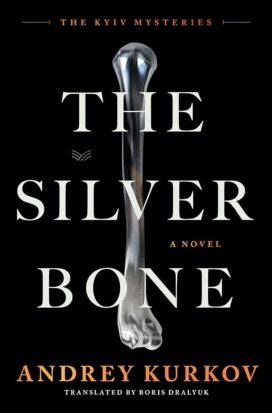
The prevailing feeling in The Silver Bone that persists past its crime fiction structure is confusion amidst inexplicable violence, as the main character’s numbness after witnessing the murder of his father extends through the entire book, even as he has his home invaded by barracking soldiers and courts a possible wife and investigates a murder. It takes the feeling of “going through the motions” to almost comical extremes; the characters try patiently to fit themselves into place as daily life becomes more and more absurd and dangerous under the new regime. Crooked Plow’s characters are the opposite. The structure of their life and their world is clearly demarcated – plantation owners, tenant farmers, mud houses for married children appearing on the same plot of land as their parents, everything constant but the weather – but none of the characters go willingly, from the introductory scene in which a young girl puts a knife in her mouth and accidentally cuts out her tongue to the very end, where that girl, now a grown woman and widow, kills the cruel overseer of the plantation in her sleep, possessed by one of the spirits her father used to channel. Kurkov’s Kyiv balances carefully in the abnormal normal; Viera Jr’s Água Negra can’t help but tear apart the seams holding it in place.
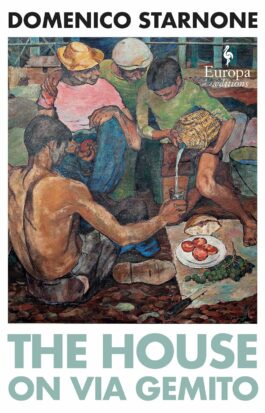
My favorite book of the six I’ve read so far is Domenic Starnone’s The House on Via Gemito (from Italy, translated by Oonagh Stransky). It’s the oldest book on the list – written in 2000, though only translated into English recently – and in my opinion the most stylistically adventurous, as the entire book is essentially a single, cascading stream of consciousness memory of the narrator thinking about his father, Federì. It echoes themes that have recurred through the longlist – legacy, family, occupation and collaboration, personal identity, community, abuse and responsibility – but, like What I’d Rather Not Think About, focuses so strongly on its subject that it feels impossible to stop and consider the context in which the story is being told instead of being helplessly pulled through. The world within it, the vividly drawn portrait of the Neapolitan community in which the characters live, appears despite its incredible and precise depth to be only a painted backdrop for Federì himself, who towers over the book. The terror and awe he inspired in his son, his wife, his in-laws and everyone else he knew almost drips through the page. In many ways it resembles the first three books I spoke of, and perhaps does strictly share their structure of portrait painting through vignettes, but where the modern entries tend to present their moments of memory in isolation, Via Gemito’s narrator knits his memories of his father into each other, often triggering himself to think of something that he will not explain until a hundred pages later, his mental image of Federì a rich and volatile landscape resistant to structure. The rest of his life can do little but weave around a few momentous scenes surrounding his father; an extended description of the ache in his legs as he knelt to pose for one of his father’s portraits is one of the most tense, nauseating portions of the book. It’s a dense, thick book that went down like a dream, a real testament to Starnone’s craftsmanship.
It’s fun to read these books in succession, though it’s hard to figure out if the similarities between them are more a consequence of the Booker committee’s preferences or of current trends in translated fiction. The two of these six that made the shortlist, What I’d Rather Not Think About and Crooked Plow, certainly feel like some of the stronger entries I’ve read so far, though The House on Via Gemito is dearly missed. Among the books I still have up are the only Asian entry on the longlist, Hwang Sok-Yong’s Mater 2-10, plus a few others I’m excited to get to. I’m interested to see if the themes I found so prevalent in these first entries are as strong in the next group.
See you next time for the follow-up!
———
Maddi Chilton is an internet artifact from St. Louis, Missouri. Follow her on Twitter @allpalaces.




